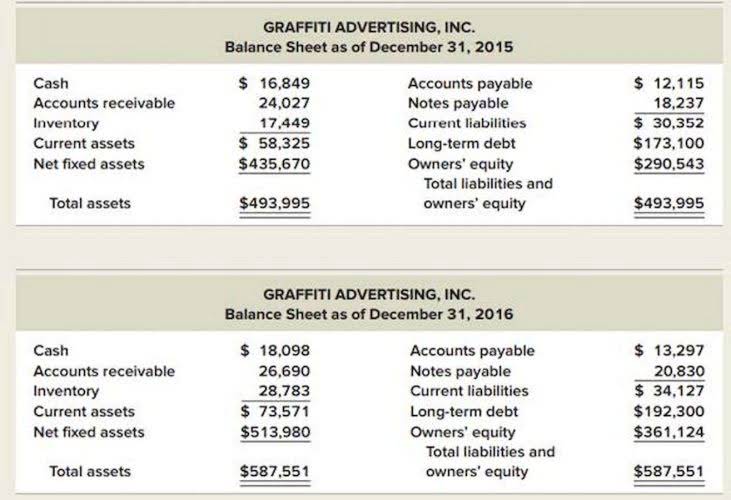
A bookkeeper is responsible for identifying the accounts in which transactions should be recorded. When it’s finally time to audit all of your transactions, bookkeepers can produce accurate reports that give an inside look into how your company delegated its capital. The two key reports that bookkeepers provide are the balance sheet and the income statement. The goal of both reports is to be easy to comprehend so that all readers can grasp how well the business is doing.

Consider whether you want to keep your personal and business bank accounts at the same financial institution. On the other hand, your bank may provide perks for keeping your personal and business accounts with them. As a business owner, you’re responsible for recording every expense paid from your business account. No matter the payment method used, each transaction must be recorded with the date, amount, and purpose. For example, you may find yourself in a dispute with a vendor or under audit by the government.
Budget for major expenses and set financial goals
You may also find invoicing and payroll software beneficial for multiple reasons, including for logging your inbound and outbound transactions. These tools can also automate your recurring profits and costs, effectively freeing up more of your time. Many business checking accounts and credit cards offer sign-up bonuses for opening new accounts that meet certain requirements. The value of these bonuses can exceed $1,000 in some cases, and some rewards can even be used toward personal travel.
DeKalb to offer business classes to residents – Northern Star – Northern Star Online
DeKalb to offer business classes to residents – Northern Star.
Posted: Tue, 28 Nov 2023 06:41:54 GMT [source]
By partnering with a bookkeeper, you can rest assured that your finances are accurate and that you have the resources and expertise to catch and prevent any potential financial pitfalls. Many people believe that bookkeeping is just data entry – a mindless task that anyone can do. However, any experienced bookkeeper knows that this could not be further from the truth. Bookkeeping requires more than just the ability to enter numbers accurately https://www.bookstime.com/ as it takes knowledge and expertise to know what those numbers mean and how to properly categorize them. This content is for information purposes only and should not be considered legal, accounting, or tax advice, or a substitute for obtaining such advice specific to your business. No assurance is given that the information is comprehensive in its coverage or that it is suitable in dealing with a customer’s particular situation.
What Small Business Owners Should Know About Bookkeeping
Among the ones included in our list, the monthly pricing varies from $17 a month to $90 per month. Pricing varies by company, plan and each plan’s respective features and capabilities. Often, you’ll find that an accounting software company features heavily discounted pricing for the first few months or might offer a limited-time promotion advertising lower prices. It includes integration features, the ability to create and track invoices and the ability to record and categorize expenses, income and other transactions.
It’s possible to find and complete an online training program from home. Xero also offers a 30-day free trial, but new customers can also benefit from Xero’s frequent months-long discounts. For instance, as of this writing, Xero is currently offering 50% off for three months. Xero also has discounts for organizations using Xero to manage multiple entities. With FreshBooks, you can choose to pay either month to month or annually.
The Beginner’s Guide to Bookkeeping
Typically, checking accounts also come with a debit card for easy access to funds. Generally, if your assets are greater than your liabilities, your business bookkeeping is financially stable. Note that certain companies, such as those in service-based industries, may not have a lot of equity or may have negative equity.

You can open a business bank account at a traditional bank, credit union, or online bank. You’ll need to provide your personal information, along with your business details, in order to open an account. Comparing fees, features, and accessibility can help you choose the best business bank account for your needs. Once your business gets under way, you can make a monthly budget to track your cash inflows and outflows. You’ll also need to give some thought to how you plan to invoice your clients for your services. That includes choosing when to send invoices, how quickly you expect them to be paid, and which payment methods you’ll accept.
